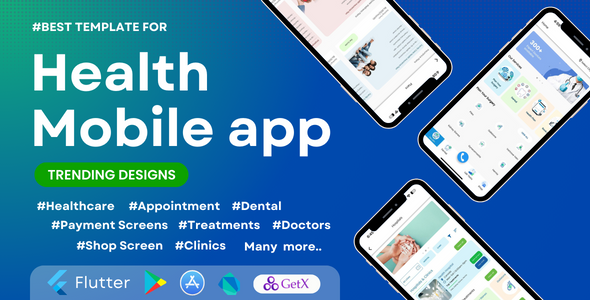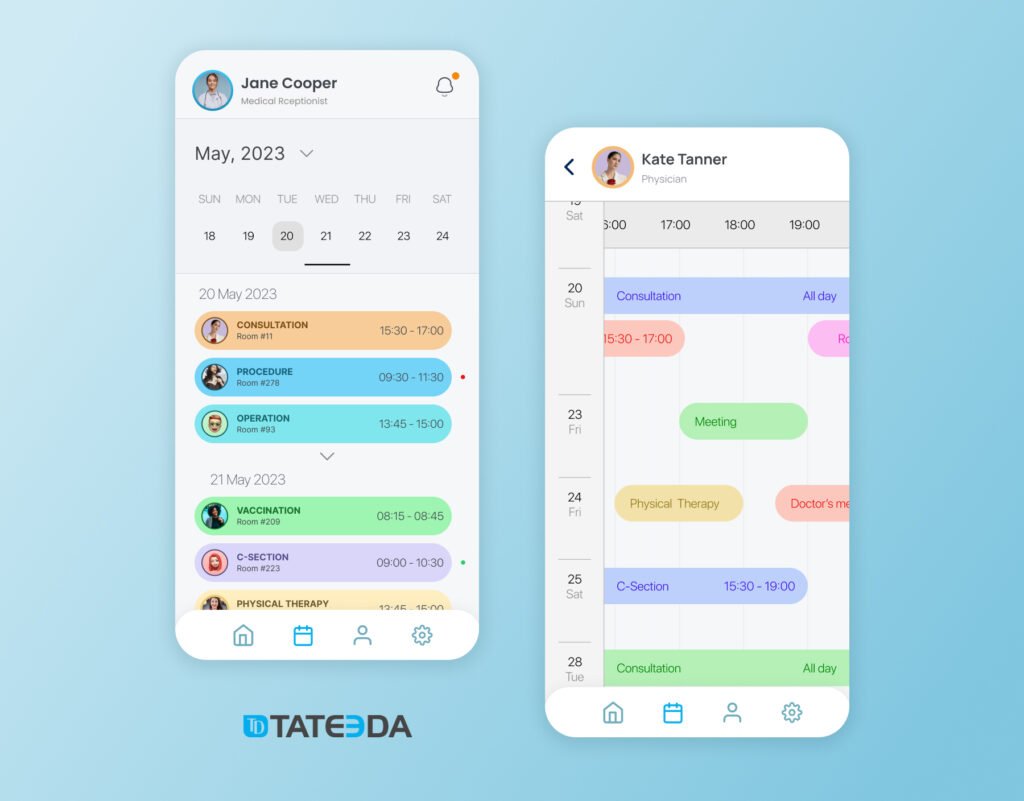Ideal Practices for Establishing a Mobile App for Clinics That Meets Patient Requirements
Ideal Practices for Establishing a Mobile App for Clinics That Meets Patient Requirements
Blog Article
The Future of Healthcare: Why Clinics Required a Mobile Application Today
As the medical care landscape proceeds to progress, clinics deal with placing stress to adjust to individual expectations for higher comfort and ease of access. The integration of mobile applications can serve as a vital technique for improving client engagement and improving procedures.
Changing Client Assumptions
As the landscape of healthcare develops, person assumptions are going through a significant improvement. Today's individuals are significantly looking for convenience, availability, and customized treatment. With the surge of technology, especially mobile applications, people currently prepare for a smooth assimilation of medical care solutions right into their day-to-days live. They want the ability to manage appointments, gain access to medical records, and communicate with medical care companies with their smartphones, mirroring a change towards a much more positive method to health administration.
Moreover, people are coming to be more educated and encouraged, typically looking into conditions and therapies on the internet before examinations. This heightened awareness is combined with a demand for openness in healthcare processes, including cost quotes and treatment alternatives. Therefore, companies are urged to adjust by adopting digital tools that enhance the person experience.
The assumption for timely and effective communication has actually never been greater, with many individuals considering responsiveness a critical part of top quality care. mobile app for clinics. In this evolving landscape, healthcare companies must identify these changing expectations and leverage mobile applications to cultivate an extra patient-centric approach, making sure that they not just fulfill but surpass the requirements established by today's informed customers
Enhancing Individual Involvement

Mobile applications promote communication in between individuals and doctor, allowing real-time consultation organizing, tips for medicine adherence, and straight messaging features. These performances not just boost comfort yet likewise build a feeling of liability among people. Mobile apps can offer educational web content tailored to individual requirements, helping patients much better comprehend their conditions and therapy alternatives.
The assimilation of gamification components within health care apps can additionally motivate patients to involve in healthy and balanced actions, enhancing positive way of life adjustments. Inevitably, boosting patient engagement via mobile applications leads to improved wellness results, higher patient satisfaction, and a much more joint health care experience.
Improving Facility Workflow
Simplifying center operations is vital for enhancing operations efficiency and optimizing person treatment. The execution of mobile applications can dramatically reduce management concerns, enabling healthcare companies to concentrate much more on person interactions. By automating appointment organizing, person check-ins, and payment procedures, centers can decrease wait times and improve overall operational efficiency.
Mobile applications also promote real-time access to client documents, allowing health care specialists to make enlightened decisions rapidly. This immediacy not only improves the high quality of treatment yet likewise reduces the chance of mistakes related to lost or dated details. Moreover, leveraging mobile modern technology supports an extra organized strategy to taking care of client follow-ups and therapy strategies, making sure that no essential steps are ignored.
Furthermore, mobile apps can improve stock management by providing centers with devices to keep an eye on medications and products effectively. This enables timely replenishment and aids stay clear of disturbances in patient treatment as a result of equip shortages. By incorporating these performances into their day-to-day operations, facilities can develop a more reliable and natural setting, eventually resulting in improved individual end results and satisfaction. Welcoming mobile technology see this here is not simply a fad; it is an essential advancement in the health care landscape.
Improving Interaction Channels
Reliable communication is regularly pointed out as a foundation of quality healthcare distribution. In today's busy clinical setting, mobile applications can considerably boost communication channels between facilities, people, and medical care companies. By incorporating mobile applications right into their procedures, centers can facilitate real-time interactions, ensuring that people obtain prompt info concerning their visits, examination outcomes, and therapy strategies.
Mobile apps likewise empower patients to communicate directly with their medical care groups via safe messaging attributes. This straight line of interaction promotes a feeling of engagement and permits for immediate explanation of problems, which can result in much better adherence to treatment procedures. Push alerts can advise patients of upcoming appointments or drug schedules, decreasing no-show rates and improving total wellness end results.

Remaining Affordable in Health Care
In a quickly advancing healthcare landscape, organizations must prioritize technology and versatility to preserve an one-upmanship. The combination of mobile applications into medical care solutions is no more optional; it is essential for facilities aiming to enhance individual engagement, simplify procedures, and improve total service distribution.
As individuals increasingly rely on digital systems for wellness monitoring, centers that stop working to adopt mobile innovation threat dropping behind. A properly designed mobile application you can look here can offer attributes such as appointment organizing, telemedicine examinations, and accessibility to clinical records, providing people with convenience and cultivating commitment.

Competitors are also investing in mobile options, so staying in advance requires continuous enhancement and staying notified regarding technological developments. Facilities should not only implement mobile applications but also take part in routine updates and improvements. Inevitably, the effective assimilation of mobile technology will distinguish forward-thinking health care companies and set the criteria for patient-centric care in an electronic globe.
Final Thought
In conclusion, the integration of mobile applications in centers is imperative to deal with the advancing landscape of individual assumptions. Inevitably, the calculated execution of mobile apps stands for an important step towards delivering tailored and obtainable health care, thereby meeting the requirements of today's empowered clients.
Eventually, improving client Read Full Report involvement via mobile applications leads to improved health and wellness end results, better client satisfaction, and an extra collaborative healthcare experience.Mobile apps likewise facilitate real-time accessibility to individual documents, enabling healthcare experts to make informed decisions swiftly. In today's busy medical atmosphere, mobile applications can dramatically enhance interaction networks between facilities, individuals, and medical care providers.Mobile applications additionally encourage clients to communicate straight with their medical care groups via safe and secure messaging features. Ultimately, the critical implementation of mobile applications represents a critical step toward providing accessible and customized healthcare, thus meeting the needs of today's equipped people.
Report this page